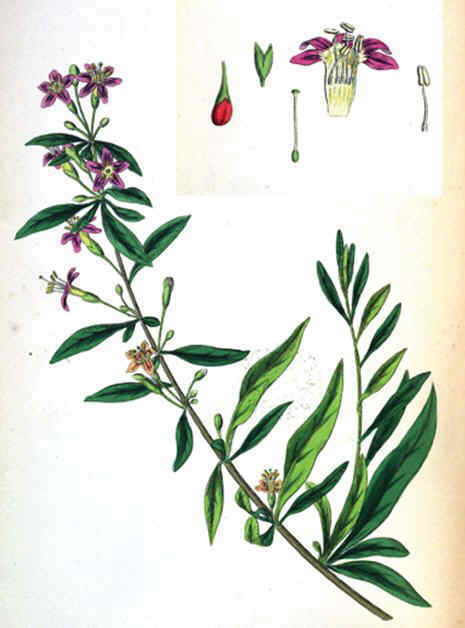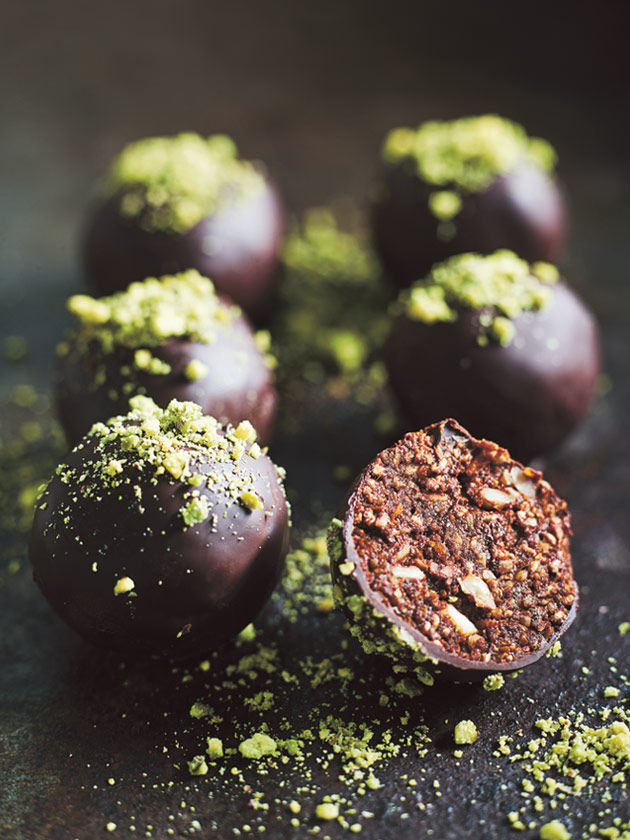Goji berries
- Jul 4, 2019
- 3 min read
"Since about 2000, goji berry and derived products became common in developed countries as health foods or alternative medicine remedies extending from exaggerated and unproven claims about their health benefits" Wikipedia

Today I participated in my Italian class yum cha lunch that we traditionally have in the school holidays. Yum cha because one of our number is Hong Kong Chinese and a good organiser. And I have to say it's good to go to one of these places - which is otherwise packed with Chinese families - and have the food chosen for you. Today one of the dishes was mustard greens with some goji berries on top. I actually didn't taste the goji berries. I'm not that great with the chopsticks so only managed to pick up the greens. However, prompted by the fact that they were there and by the fact that I have been meaning to look into them for a while, I have chosen them for today's post.
The statement above the picture was repeated in various different degrees of strength in various websites I came across. Although there were, of course, all sorts of health food sites telling me they were a superfood and cured just about everything. I think about the most alarming thing I saw was on one of those otherwise fan sites, which warned that you shouldn't eat them if you:
have low blood sugar
are using blood thinners such as warfarin
have low or high blood pressure
are breastfeeding or pregnant (can cause miscarriage)
are allergic to the fruit
I did see that about the warfarin elsewhere, so I'm guessing it's true. And although lots of labs are testing out the claims that are made - it will cure all manner of diseases - nobody has so far proved anything. In Europe it has been banned from being called a superfood and I think various marketers have been taken to court over their claims. Nevertheless they are everywhere - particularly on your supermarket shelf. Coles and Woolworths both have home brand versions of the dried berries as well as various products such as muesli, muesli bars, yoghurts and skin lotions. The berries themselves, by the way, will cost you almost $35.00 a kilo. For me they would have to be good to warrant the expense.

So what are they? Well their botanical name(s) are Lycium barbarum or lycium chinense and, yes the name goji, does betray Asian origins. Specifically China where it has been used in Chinese medicine for centuries. In English it is sometimes known as woodberry. It was brought to England in the eighteenth century by the Duke of Argyll but it was mostly planted for decoration. It is rather pretty after all.

And you can grow it in your garden. China is still the largest producer by far, but the United State and Canada have launched into production and probably Australia too.
So what does it taste like? Nobody seemed to be raving about the taste I have to say - the best quote I could find on this was that it has "a woody, slightly raisiny taste - a bit like cranberry." And really there are not a lot of recipes out there. Basically you seem to use it a bit like you would use any dried berry or fruit, and almost all the recipes I found were for things like health bars, and granola. There were a few cakes and muffins and slices, but not anything much else. Really as one cook said, just use them as you would any other dried berry.

The only recipe I found from a 'known' cook was from Donna Hay - Goji coconut bliss balls. Possibly delicious but not what you would call healthy.
I actually think that this is the first 'super food' that I have come across that has been almost universally panned for its supposed health giving properties - possibly even dangerous in some instances, and that has not been unreservedly praised for its taste either.
So this is one I'm not going to try, no matter what delicious things Donna Hay might dream up. I think I would substitute cranberries - which at least taste really good.













Comments